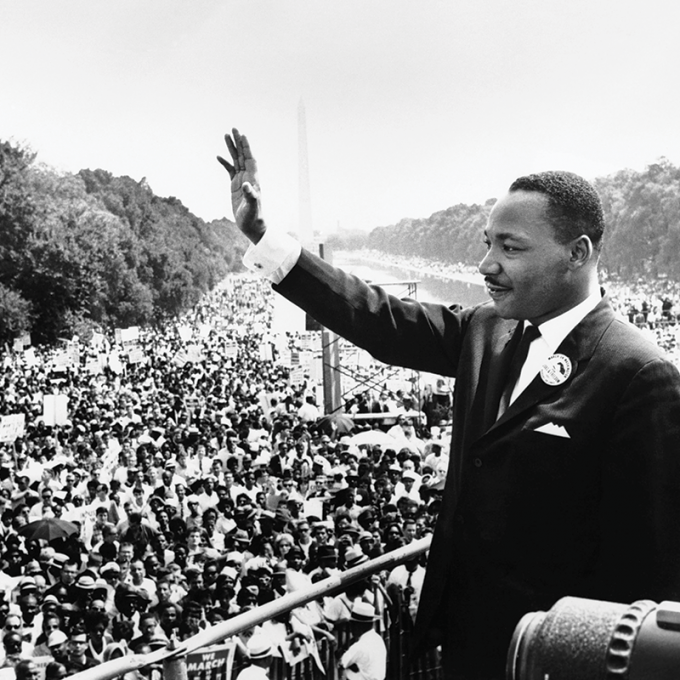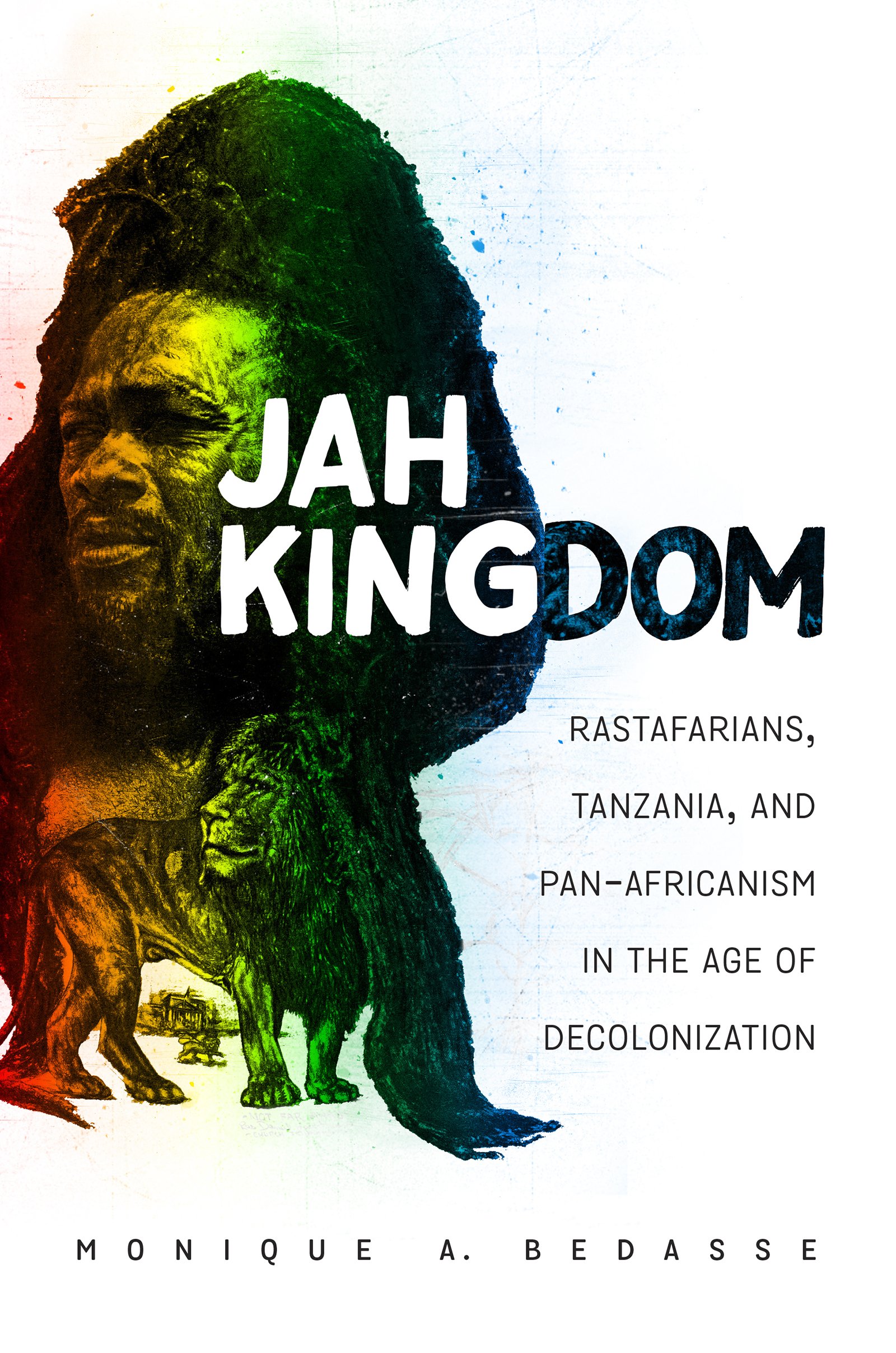Professor Bedasse is a historian of Africa and the African diaspora, with a focus on East Africa and the Caribbean. Based on a deep interest in transnational histories, her work moves betwixt and between regions that have traditionally been calcified into separate fields of study. Her interests include the intellectual, political, and social history of decolonization, black internationalism and African diasporic politics.
Her first monograph, Jah Kingdom: Rastafarians, Tanzania, and Pan-Africanism in the age of Decolonization was published by the University of North Carolina Press in 2017. Jah Kingdom is an intellectual, political and social history of how continental Africans from Tanzania and diasporic Africans from Jamaica worked together within the context of anti-colonial struggle. Specifically, it traces how Jamaican Rastafarians sought the ideological and practical realization of repatriation to Africa in post-independence Tanzania. It is a history that reveals both the promise and the limitations of diasporic solidarities and pan-African politics. Jah Kingdom was awarded the American Historical Association’s Wesley-Logan Prize for best book on the African Diaspora, and the Anna Julia Cooper and CLR James Award for best book in Africana Studies from the National Council for Black Studies. A Choice Outstanding Academic title, Jah Kingdom was also a finalist for the Albert Raboteau prize for best book in Africana religions.



